Promoting sustainable rural economic development
The rural tourism development is one of the key solutions and tasks of the national target programme on new-style rural area building for the 2021–2025 period. It reflects a mindset shift from agricultural production to rural economic development, thereby supporting localities in effectively and sustainably implementing the criteria of new-style rural areas.
Removing bottlenecks
Coming to Khanh Son — a mountainous district in Khanh Hoa Province — during the fruit harvest season, visitors can enjoy exploring lush orchards and tasting locally renowned fruits such as durian, rambutan, mangosteen, and green-skinned pomelo.
 |
|
Tourists visit Loc Yen Ancient Village in Tien Phuoc District, Quang Nam Province. |
The district is also home to unique cultural features and traditional festivals of the Raglai ethnic group which have strong appeal for tourists.
According to Dinh Van Dung, Chairman of the District People’s Committee, although Khanh Son has great potential, its tourism development remains modest.
The limitations include a lack of distinctive tourism products and eco-tourism tours linked with forests, agriculture, rural areas, and local communities.
To promote tourism associated with agriculture and rural area, Khanh Son District has outlined a number of rural tourism development orientations such as building a community-based tourism model in Hon Dung Hamlet, Son Hiep Commune; preserving and promoting traditional crafts and handicrafts such as basketry, making rattan bags and crossbows as well as musical instruments to serve the souvenir needs of visitors; conserving and upholding the distinctive cultural traditions of the Raglai people; developing an agricultural eco-tourism site in Son Binh Commune; and establishing connections among orchards to facilitate fruit garden tours for visitors.
Khanh Hoa has many historical and cultural relics, remarkable architectural heritage, diverse terrain, distinctive culture, and abundant local produce — all the ingredients needed to develop a form of tourism that is closely tied to agriculture and rural area.
Furthermore, the province has been focusing on investing in and accelerating key transport infrastructure projects, while also researching tourism type development associated with agriculture, traditional craft villages, and ecological environments.
This approach aims to promote tourism in harmony with the conservation of nature and traditional cultural values.
Despite the significant potential, rural tourism models in Khanh Hoa are still in their early stages and lack strong linkages with professional tour operators, resulting in limited effectiveness.
Most tourism activities based on agriculture remain small in scale and are spontaneous and lacking in professionalism, with few attractive destinations established to draw visitors.
With landscapes that stretch from coastline to mountainous terrain and Truong Son mountain range, and home to the vast Phong Nha-Ke Bang cave system, Quang Binh Province has seen the emergence of homestays, farmstays, and community-based tourism products.
Many of the over 40 tourism sites and destinations, which are popular with both domestic and international visitors, are situated in rural areas, ethnic minority communities, and mountainous regions. These have laid a solid foundation and bring tangible benefits for sustainable economic development for local people.
Nevertheless, rural tourism in Quang Binh Province still faces considerable limitations. Tourism products are often monotonous and lack professional skills.
Infrastructure at many destinations remains underdeveloped, while promotional and marketing efforts are still insufficient, with digital platforms not yet being used effectively to reach potential visitors.
Driving force for rural development
According to Doan Ngoc Lam, Standing Vice Chairman of the Quang Binh Provincial People's Committee, the key to genuinely developing rural and community-based tourism in the province lies in the involvement of both businesses and local communities. Their active participation is considered essential to building a sustainable tourism sector.
The need is to preserve and promote cultural and natural heritage, develop distinctive tourism products and experiences, and enhance collaboration between tourism businesses to tap into potential tourist markets.
Strengthening local service partnerships is also crucial to creating more diverse and engaging tourism programmes capable of attracting visitors.
Le Huu Hoang, Standing Vice Chairman of the Khanh Hoa Provincial People's Committee, noted that the province is concentrating on improving infrastructure and upholding the potential of rural areas, craft villages, culture, and the ecological environment.
This is contributing to the restructuring of the rural economy in a direction that integrates multiple values and supports sustainable development.
The province is also developing a dual tourism strategy: expanding its overall reach while gradually shifting towards in-depth, high-quality offerings. Its flagship tourism product is coastal and island-based leisure tourism, which is complemented by entertainment activities, shopping, sightseeing, and local cultural experiences.
Khanh Hoa Province is currently researching to issue policies to support the development of community-based tourism and rural tourism linked to agriculture, traditional crafts, and ecological tourism.
This involves combining tourism development with the conservation and promotion of natural resources, cultural and artistic heritage, and environmental protection. The province is also seeking to mobilise, integrate, and effectively utilise various resources to support rural tourism development.
Quang Nam Province has also put forward solutions to accelerate tourism investment, particularly in rural tourism. Its strategy includes thorough planning and investment at rural tourism destinations, ensuring the natural landscape and environment are preserved.
The province aims to attract large-scale, high-quality agricultural tourism investments while ensuring local communities are engaged and benefit from these tourism activities.
Furthermore, Quang Nam is intensifying public awareness raising campaigns to transform the mindsets, knowledge, and actions of officials, residents, communities, and tourists regarding sustainable rural tourism development in the building of new-style rural areas.
The province is also enhancing coordination between all levels and sectors in directing, supporting, and guiding the creation of rural tourism products that add value to agricultural goods, countryside villages, and rural craft villages.
Emphasis is being placed on training human resources directly involved in tourism alongside community-based tourism education.
Nguyen Thanh Hong, Director of Quang Nam Province’s Department of Culture, Sports and Tourism, stated that the province will strengthen collaboration among stakeholders in developing tourism products and enhance the role of travel companies in connecting tourists with local destinations, accommodation, and shopping opportunities.
He added that the province would seek support of international organisations to further promote rural tourism development.
Efforts are also underway to boost media outreach and marketing campaigns, while applying technology and promoting digital transformation in the development of community-based, agricultural, and rural tourism.
However, significant challenges remain, especially with the lack of coherent mechanisms and policies for the comprehensive development of rural tourism.
Transport infrastructure and information technology applications for rural tourism are still limited and inconsistent. Tourism services tend to be small-scale and unable to meet the rising demands of visitors.
Sectoral linkages between tourism, agriculture, and rural areas remain weak, hindering the creation of a cohesive tourism value chain. The conservation and restoration of traditional rural cultural values also face many constraints, and the utilisation of local resources has yet to match their full potential.
To ensure rapid and sustainable development of rural tourism, the Ministry of Culture, Sports and Tourism is urged to issue a set of criteria for rural tourism destinations.
Meanwhile, local authorities should direct relevant agencies to propose specific incentive policies to encourage businesses to invest in agricultural and rural tourism.
 Bắc giang
Bắc giang

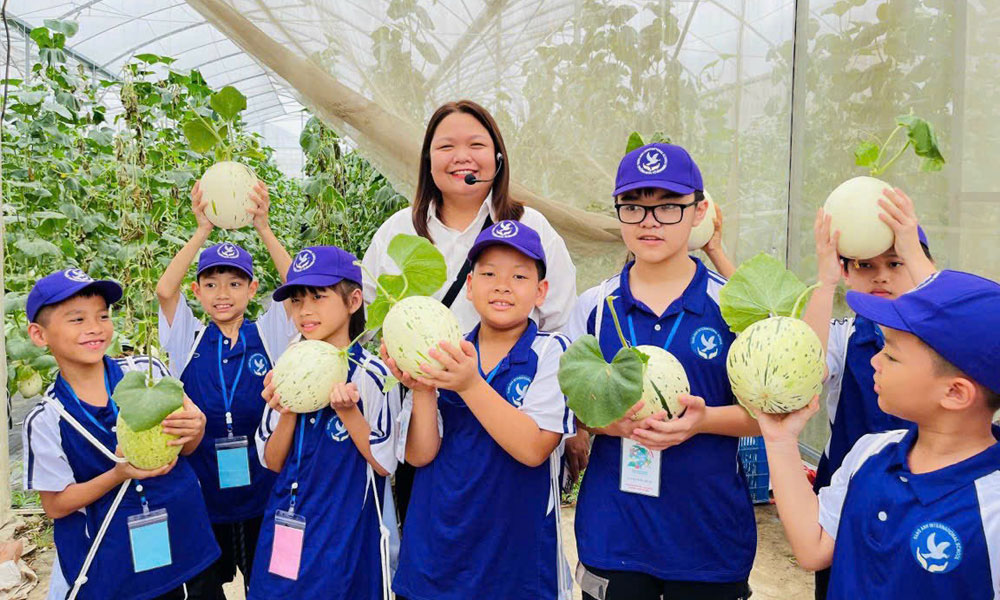

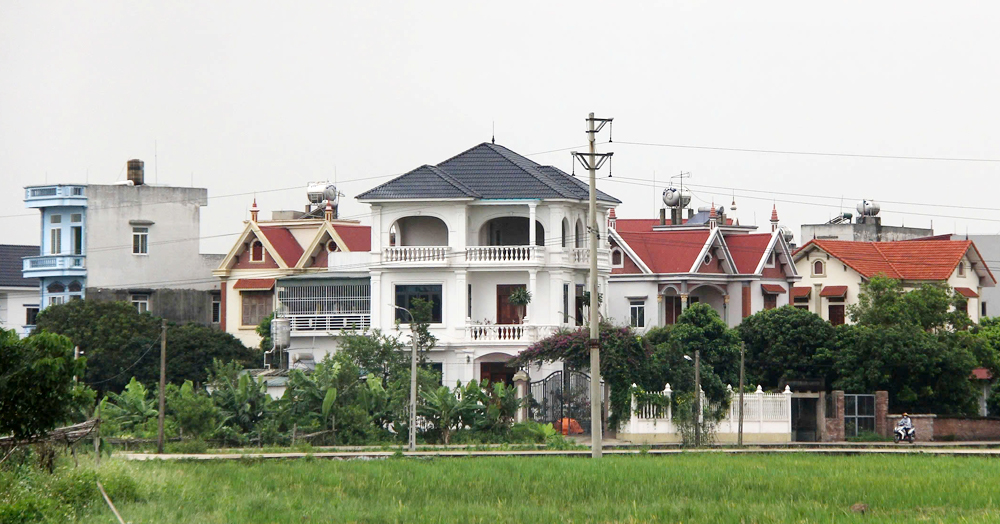


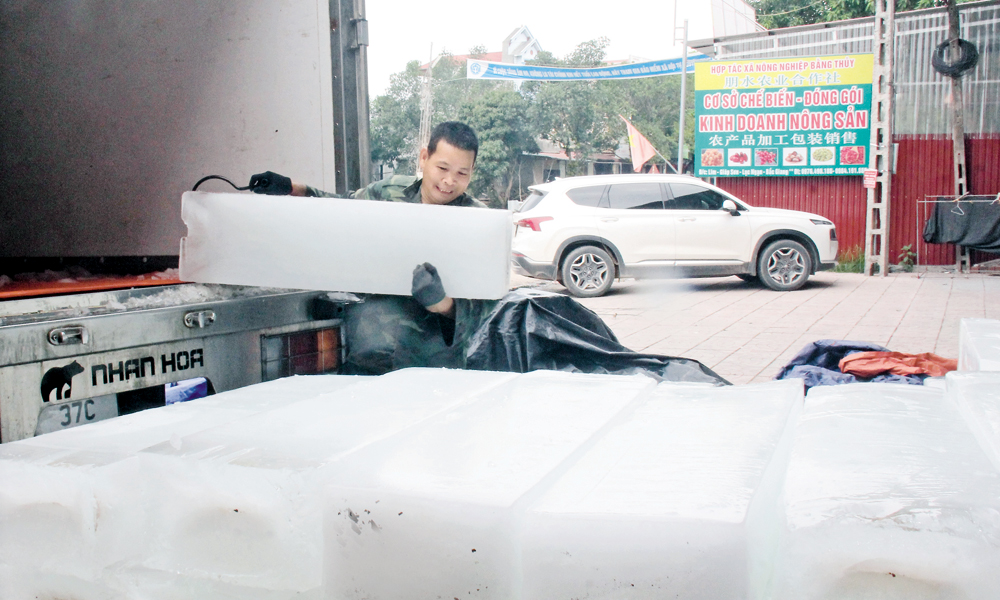
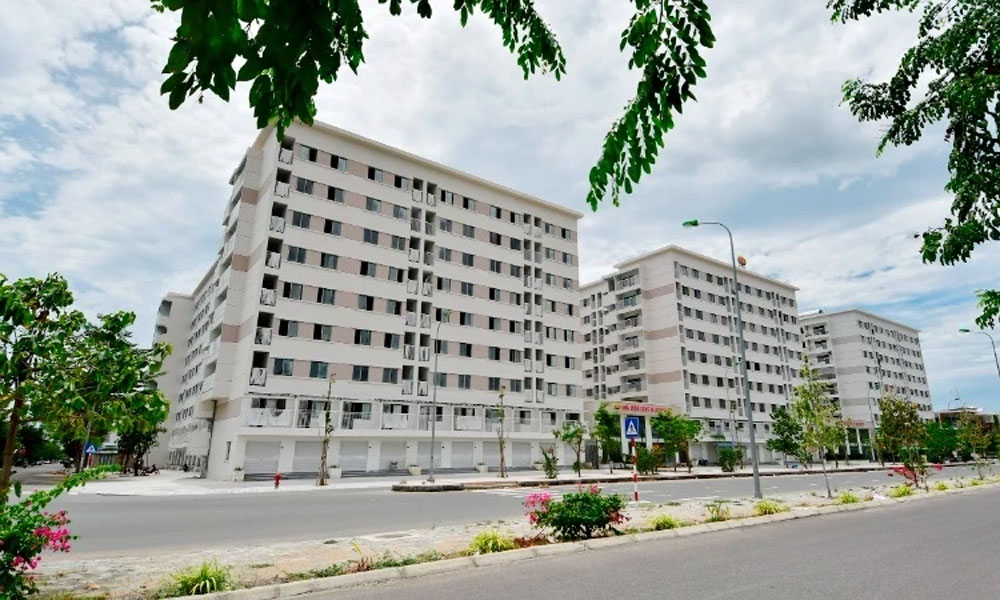
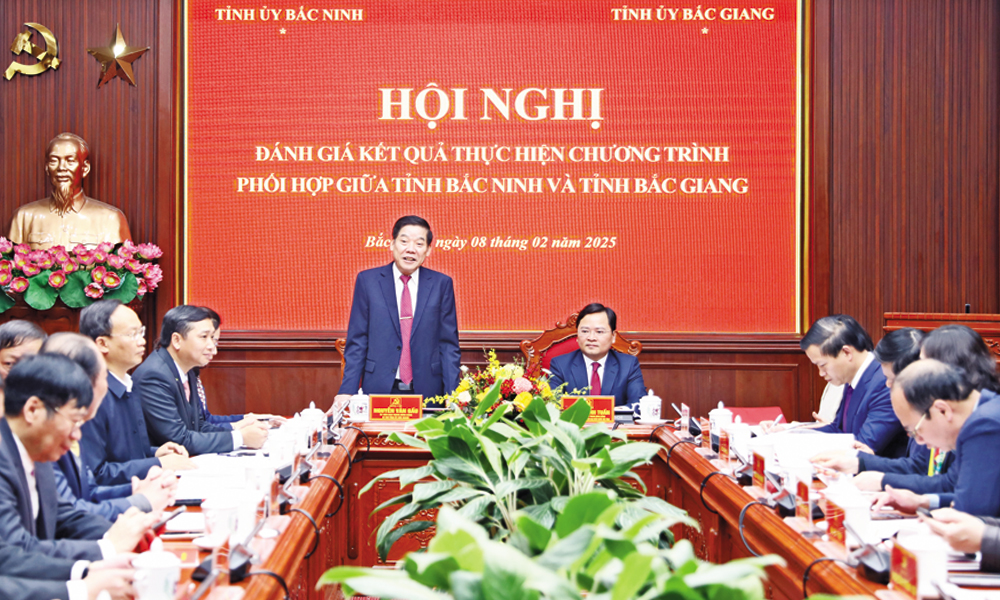
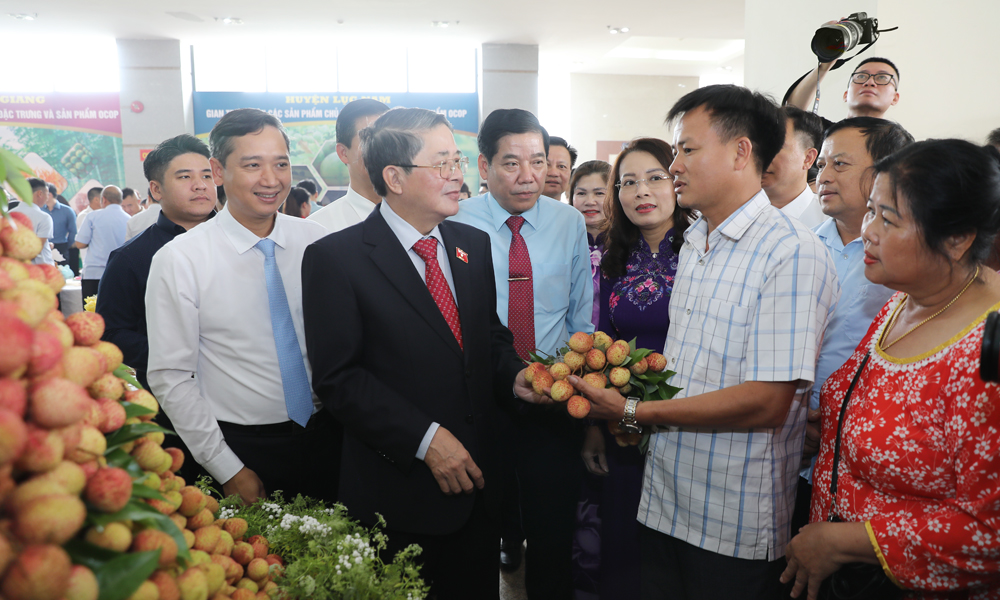
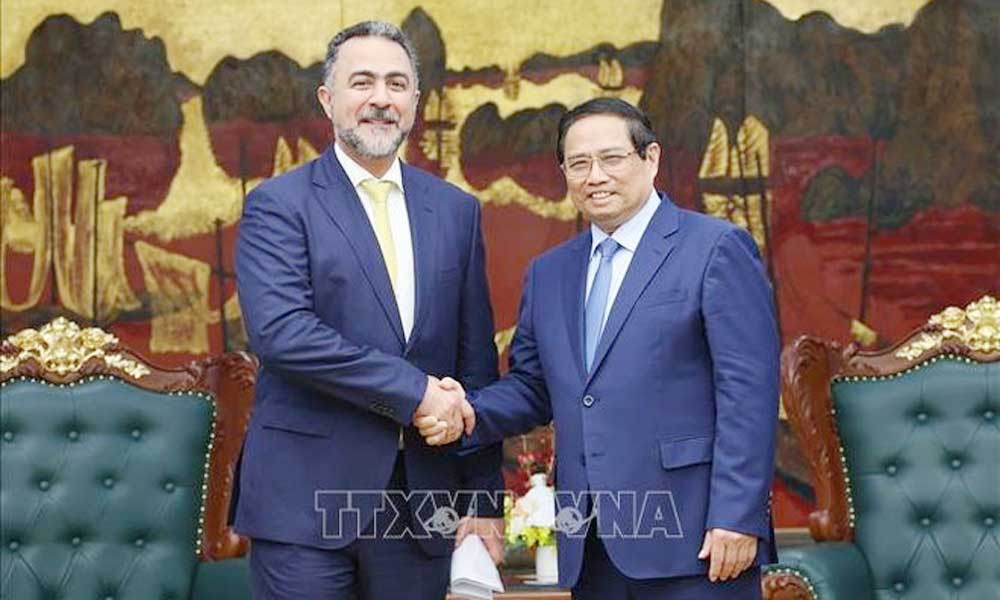



Reader's comments (0)